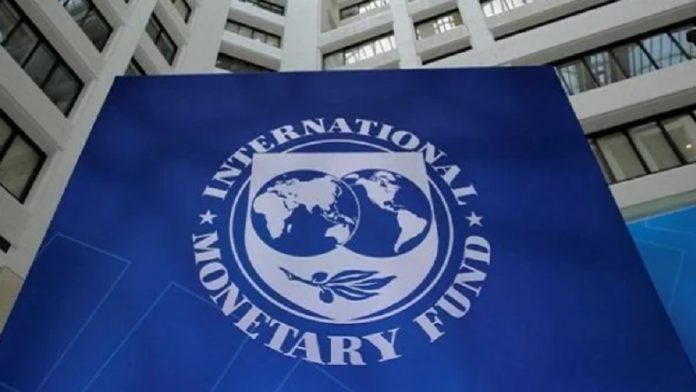The International Monetary Fund (IMF) has requested Sri Lanka to implement a strict fiscal and monetary policy protecting the livelihoods of the most vulnerable poorest of the poor people.
several economic analysts claimed.
Sri Lanka is still to sent a Letter of Intent to the IMF promising a number of adjustments ranging from changing the tax regime to introducing pricing formulas for fuel and electricity.
The Governments is still hesitant to make commitments to IMF because they come with steep social and political costs
“Fiscal policy should be devised on a revenue-based consolidation strategy that increases the ability of the country to raise revenues and to address most critical spending needs while further tightening monetary policy,” Anne-Marie Gulde-Wolf, IMF Acting Director for Asia and the Pacific said this week.
On revenue-based consolidation, she said that wherever possible the taxes should be paid more by those that are well off compared to the most vulnerable segments of society.
The raising of revenue has become a very difficult and gigantic task after the present government’s action in 2019 to do away with a range of taxes and turning it around cannot be done overnight, Senior Commissioner of the Inland Revenue Department (IRD) Sarath Abeyratne told the Business Times.
He noted that the country has lost more than Rs.1 trillion in tax revenue with a 33.5 per cent decline in the number of registered taxpayers (corporate and individual) in the country during the past two years.
This decline is most probably connected with particularly the increase in thresholds for Value Added Tax (VAT) and the abolition of Pay As You Earn (PAYE) tax and later replacing it by the Advance Personal Income Tax (APIT) which is an optional scheme, he pointed out.
A large number of tax files has to be closed and the expected economic stimulus has not been realised by not heeding to advise given to senior officials of the Treasury and IRD, he said adding that a handful of advisors controlled the public administration machinery.
Money printing or currency pumping and borrowing have become the order of the day instead of raising revenue from taxes and controlling public expenditure during the past two years, he said.
Monetary policy has to be tightened to keep inflation in check and there was a need for a flexible exchange rate, former Central Bank Deputy Governor Dr W.A. Wijewardena said.
The government has to increase taxes to meet rising public expenditure and suspending capital expenditure by the Finance Ministry is not sufficient to tackle the present fiscal crisis, he added.
The economic situation has been made worse by mismanaged government finances and ill-timed tax cuts. Foreign reserves were at historic lows, major debt repayment is coming up, and the Sri Lankan currency is in a free fall, depreciating close to 65 percent since the restrictions on exchange were relaxed in early March.
Food and fuel shortages, power cuts, and inadequate supply of medicines, among other items, have become a daily occurrence in the country.
